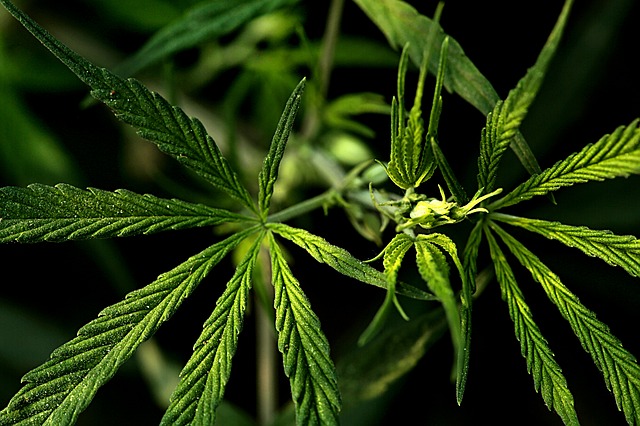Ready to ‘Smoke Weed Everyday’, House Passes Bill to Decriminalize Marijuana
The House recently passed the MORE act which would federally decriminalize recreational and medical marijuana or MMJ. However, the act has little chance of passing in the Senate, leaving many states with no choice but to advance their own efforts at legalizing the drug.
As more states legalize cannabis in some form, many will now start enjoying the lifestyle, “Smoke Weed Everyday,” as quoted by the platinum rap star Warren G.
MORE Problems
The MORE Act is legislation brought forth by a bipartisan coalition of House lawmakers which includes Rep. Ted Lieu of California and Rep. Matt Gaetz of Florida. It’s called the Marijuana Opportunity Reinvestment and Expungement Act which would first and foremost deschedule marijuana from the Controlled Substances Act.
Additionally, the act would initiate criminal reforms, such as expungement of convictions for non-violent marijuana-related offenses. The MORE act was approved in December 2020 and represented the first time Congress has presented a concrete effort to end federal marijuana prohibition.
Another legislation aimed at changing federal regulations for the way banks can serve marijuana-related businesses is the SAFE act. The Safe and Fair Enforcement Banking (SAFE) Act was first introduced in 2013 and has since been passed six times. It states that federal regulators would no longer be able to penalize banks for lending their services to cannabis businesses despite having a license.
Still, stores like 710 pipes smoke shop, are making things more convenient as well for those that engage in the lifestyle across the 50 states of America.
While the SAFE Act has failed in Congress several times, it was most recently attached to the America COMPETES Act which mainly addressed manufacturing and innovation. The bill passed with a vote of 222-210, but Senate Minority Leader Mitch McConnell called the inclusion of the SAFE Act within this bill a “poison pill”. This meant that there was no chance for Congress to move forward with it.
Many voters expected the Biden administration to be doing more to catapult marijuana legalization efforts. A year into his presidency, Joe Biden has not made any significant advancements and his administration even shows signs of backtracking.
Reports indicate that staffers were screened for marijuana use, and several were dismissed after admitting to using the drug. Notably, last month the Biden White House guidelines were updated to potentially deny security clearance to those who invest or have invested in cannabis businesses.
A Historic Dilemma
While marijuana is legal in some form in many states across the country, it is still a federal crime to possess it in any quantity or for any reason.
In 1971 Congress passed the Controlled Substances Act as part of the War on Drugs. Substances considered ‘drugs’ were assigned a ‘schedule’ which placed them into a class depending on how dangerous they were. The three criteria to determine this danger was the drug’s potential for abuse, medical use, and potential liability.
Marijuana was considered among the most dangerous, along with LSD, ecstasy, and heroin which were all schedule I drugs. However, there was already a preconceived notion on the danger of marijuana in most people’s minds at the time.
Arguably, this began as propaganda against Mexican immigrants in border towns of the Southwestern US. Immigrants were largely associated with marijuana, although there was little evidence to prove that they were avid users of the drug.
Eventually the popularity of marijuana grew but this also brought with it more racist attitudes towards colored minorities. In 1937 the Marihuana Tax Act officially banned cannabis despite objections from the American Medical Association.
In 1971, the FDA determined that marijuana had no medicinal use and was therefore classified as a Schedule 1 substance. And despite recent legislation to make medicinal marijuana legal, such as the MORE Act, there are still consequences for cannabis possession and use by federal authorities under the Controlled Substances Act.

